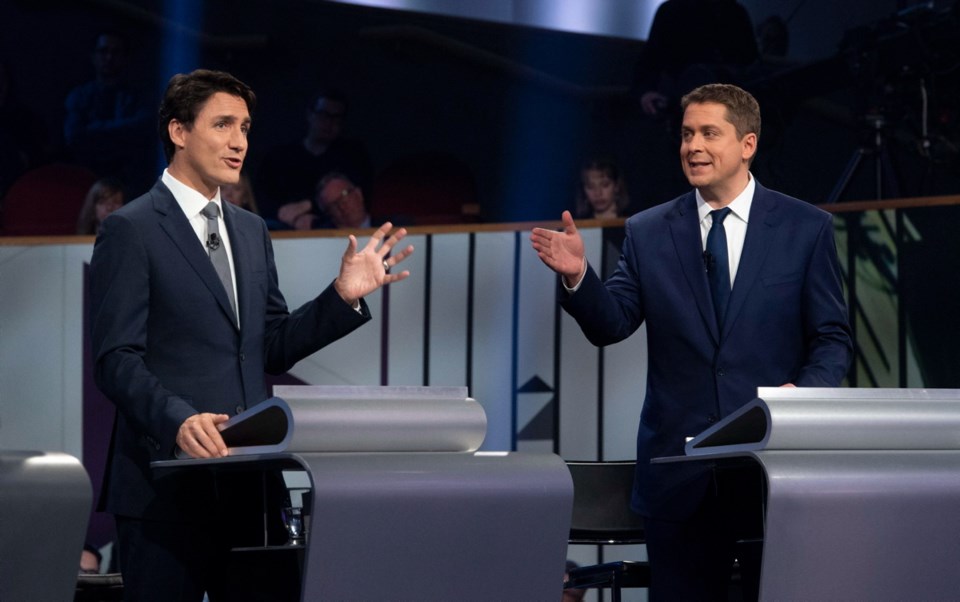My daughter is in Grade 4, and she has been learning about the three levels of government: municipal, provincial and federal. I remember when I was in grade school learning the same lessons. I was fascinated about how the government worked and what different aspects of our society fell under the various levels of government.
The first election I followed was the 1993 federal election when Jean Chrétien was elected prime minister. I remember asking my mother who she was going to vote for. It was then she taught me the valuable lesson that it’s not polite to ask people who they vote for. My mother never told me who she was going to vote for, and I think it was a good part of the lesson. If my mother wouldn’t tell me who she was voting for, then I should surely understand that no one else would tell me.
That’s a lesson that I’ve always kept. Sometimes, people will come out and share who they cast a ballot for, and I am always up for a conversation to better understand why someone is leaning one way or another. Sometimes in these conversations, I will even share who I choose to vote for. I think there needs to be a courtesy when someone does share who they are voting for that it isn’t the time to attack them for their choice. It’s not my place to tell someone that they had better change their mind, or else.
This past election, it seemed like this respect of a voter’s choice was thrown out the window, particularly on social media. We’ve all heard the term “keyboard warriors,” and it’s something that was nearly impossible to miss this past election, with people posting who other people should vote for and who they shouldn’t.
If you meet someone and they tell you that they are Catholic, it isn’t an opportunity to convert them to your religion. Everyone is entitled to their own opinion and their own vote.
I will admit it was disappointing to see the divide in our country reflected in the recent federal election results. I would never expect everyone in a country as vast as ours to all have the same opinion. I would never even expect five people in one room to share the same opinion.
I can see how communities across the country are disappointed. Even with great disappointment, I don’t think it is OK to cause disputes amongst each other based on how people voted.
There were plenty of arguments from angry voters stating Conservative Leader Andrew Scheer received more votes than Liberal Leader Justin Trudeau. Yes, that is a fact, but these angry voters were making arguments that Scheer should be prime minister based on votes alone.
Just a few short years ago, Donald Trump was elected U.S. president when Hillary Clinton received more votes than him. In both of these elections, the win was based on seats, not overall votes. When I saw these angry posts, I made a connection that plenty of people who are supporting Scheer also support Trump. I know of a few for certain.
Sometimes we need to think about the rule and not the situation. One leader can’t be celebrated for winning enough seats to be elected, and then discredit another for doing the same thing. This is about systems that are in place. We need to look at the systems separate from the candidates that are running within them.
Right now, as a country, we need to find a way for everyone to work together. We’ve had our election and elected our members of Parliament and our prime minister. I would like people to go and speak with your representatives and see how we can work together to lessen the divide in the country and have more voices heard.
This past election, 66 per cent of eligible voters cast ballots. Instead of shaming people for how they voted, maybe that energy could be directed to getting more voters out to add their voice to the equation next time.
Charla Huber is the director of communications and Indigenous relations for M’akola Housing Society.



